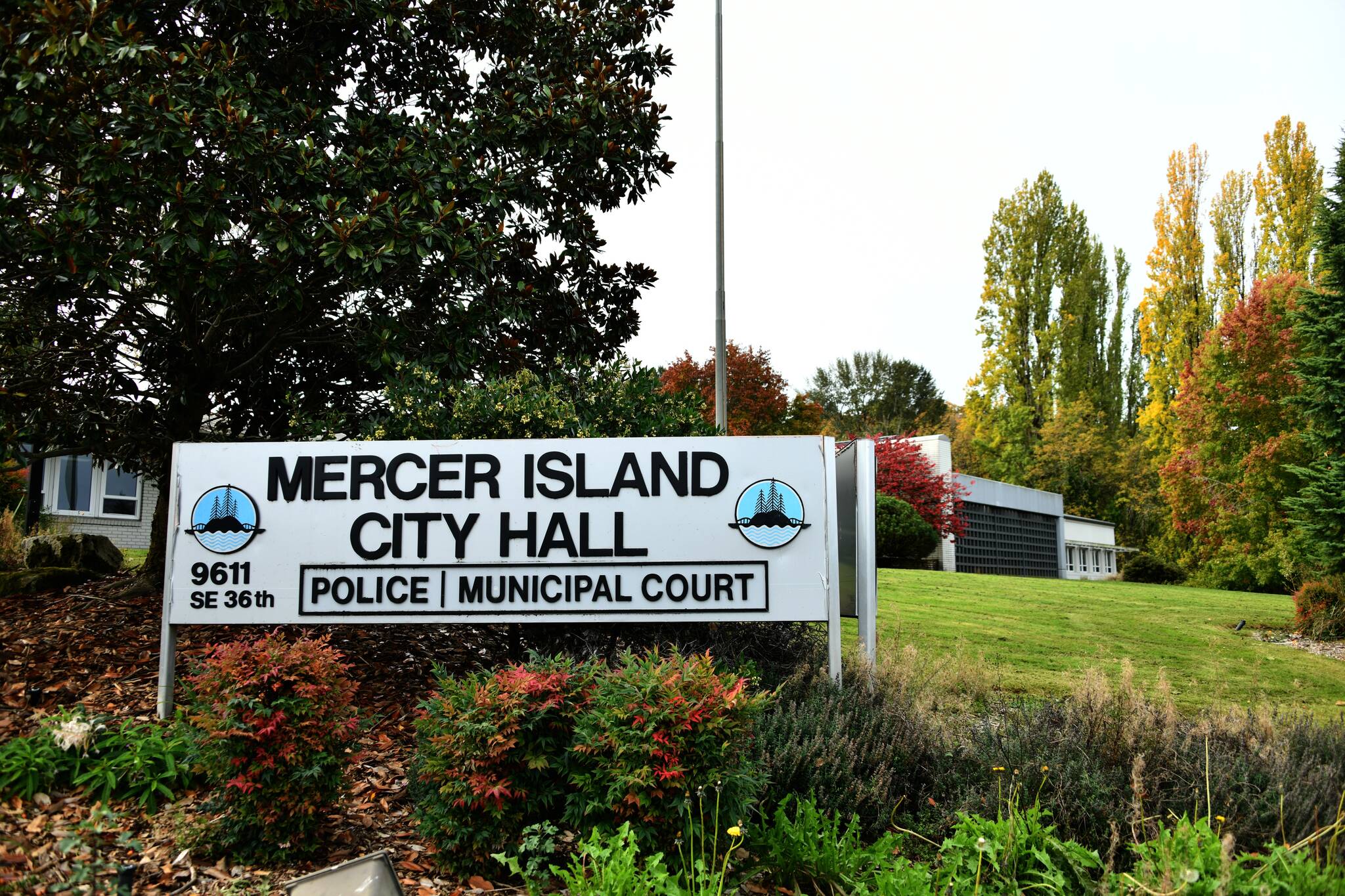The community surveys are in and the discussions will continue into the new year amongst city council, staff and administrators regarding the city’s first-ever Climate Action Plan (CAP).
Ross Freeman, Mercer Island sustainability program analyst, and members of the Cascadia Consultant Group revealed the results of the mailed and online surveys and presented a CAP update during a study session at the Nov. 15 city council meeting.
There were 264 residents’ responses from the mailed statistical survey, which arrived at 2,500 randomly selected households in late September. Additionally, 123 Islanders responded to an identical online survey posted during the same time frame.
The CAP will return to the people at the Nov. 29 online community workshop, which will focus on the city’s updated greenhouse gas inventory, residents’ priorities and more. The event will commence at 6 p.m.; to register, visit https://tinyurl.com/35zfy845.
According to city documents, the CAP will focus on: mobility/transporation/land use; buildings and energy; materials, waste/recycling, consumption; natural resources/trees/water; and community resilience/adaptation. A “wedge analysis” snapshot indicated that the Island’s greenhouse gas (GHG) emissions reduction targets (with a percentage established from a 2007 baseline) are set on 50% for 2030 and 95% for 2050.
Freeman noted that planners considered 58 proposed actions, which covered strategies related to infrastructure, resource conservation/sustainable development, electric vehicle adoption and more.
He explained how those actions appeared in the survey: “We asked essentially 47 distinct questions to get at those 58 actions. Some of the actions were in the same kind of arena, perhaps they both covered electric vehicles, for example.”
City Manager Jessi Bon said the CAP team is presently working on a draft, which city council is slated to review this coming January or February, engage in a final CAP review in March and adopt the CAP in March or April. On the draft front, the city aims to release the document to the city council and public three to four weeks ahead of the review date.
On to a portion of the results, which will be discussed at the Nov. 29 gathering:
The highest-ranking, most-supported strategies by the statistically significant, or mailed, group include increased recycling, compost and reuse of goods and materials; promotion of water efficient landscaping and irrigation; support and promotion of local retail; and encouragement of residential solar for appropriate sites. Cascadia’s Addie Bash noted that 87% of the respondents supported or strongly supported the top 10 strategies.
The least-supported strategies by the mailed group include enforcement of time-limited parking in Town Center; creation of telework hubs in libraries and city facilities; and requirement of commercial and multi-family building owners to disclose energy use or implement efficiency upgrades.
In the key priorities orbit, main concerns of climate threats are worsening air quality, grid/electricity disruption and extreme heat events; and there is immense support for renewable energy, recycling and resiliency strategies.
A handful of the results on the demographics side show that 40% of the respondents are above age 65; 80% identify as white or Caucasian; 60% make $200,000 a year; and 79% have resided on the Island for more than 10 years.
During the study session, city councilmember Craig Reynolds said the top priority of the CAP should be to achieve “the greenhouse gas emission targets that we have.” He added that community members could possibly lend the city a hand by offering some additional CAP actions to focus on at the Nov. 29 meeting.
Councilmember Lisa Anderl weighed in at the CAP meeting: “What I would like to see us focus on is, on any given item, how broad is the impact potentially going to be? How likely is it going to be to succeed and at what cost?”


